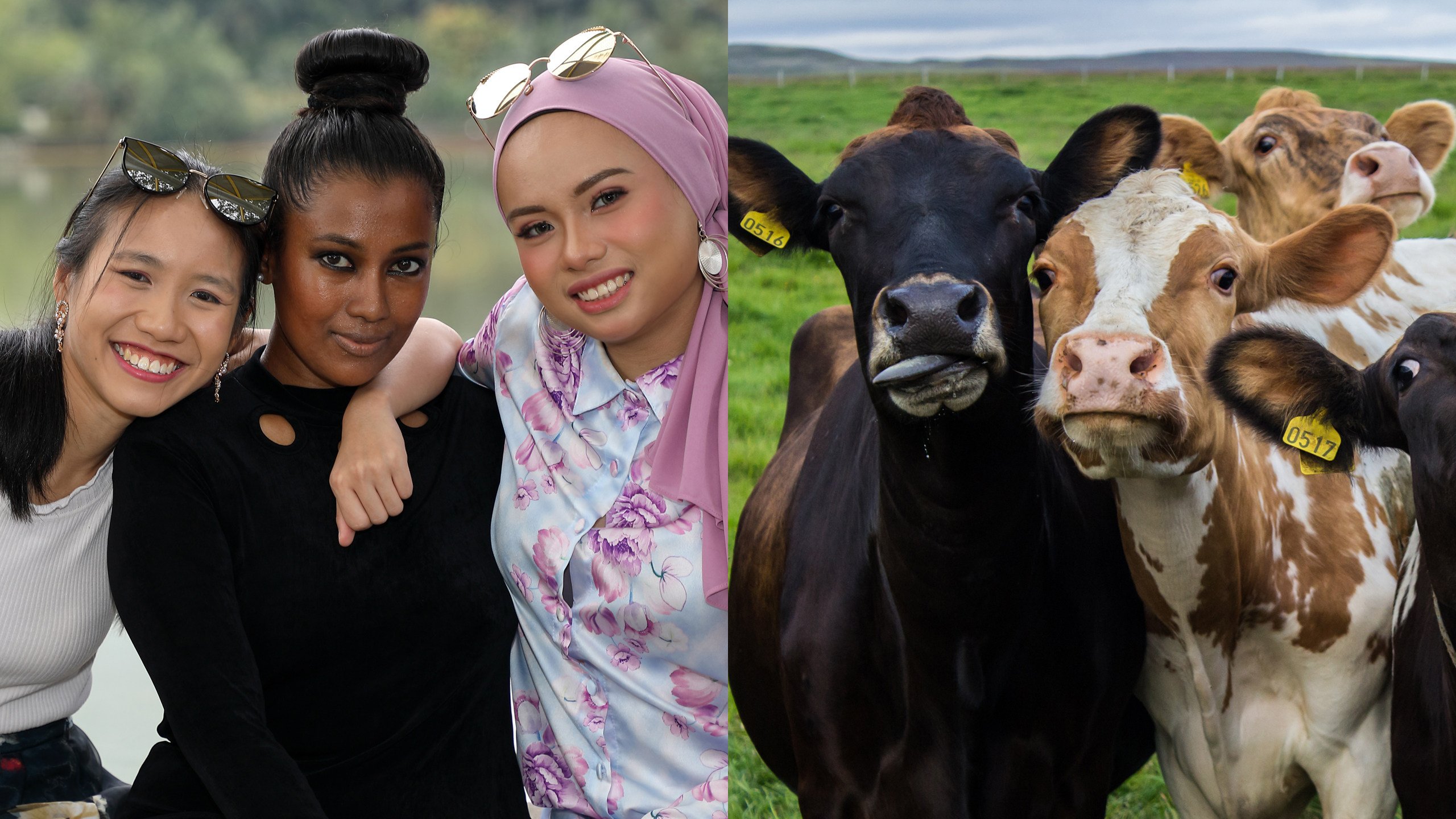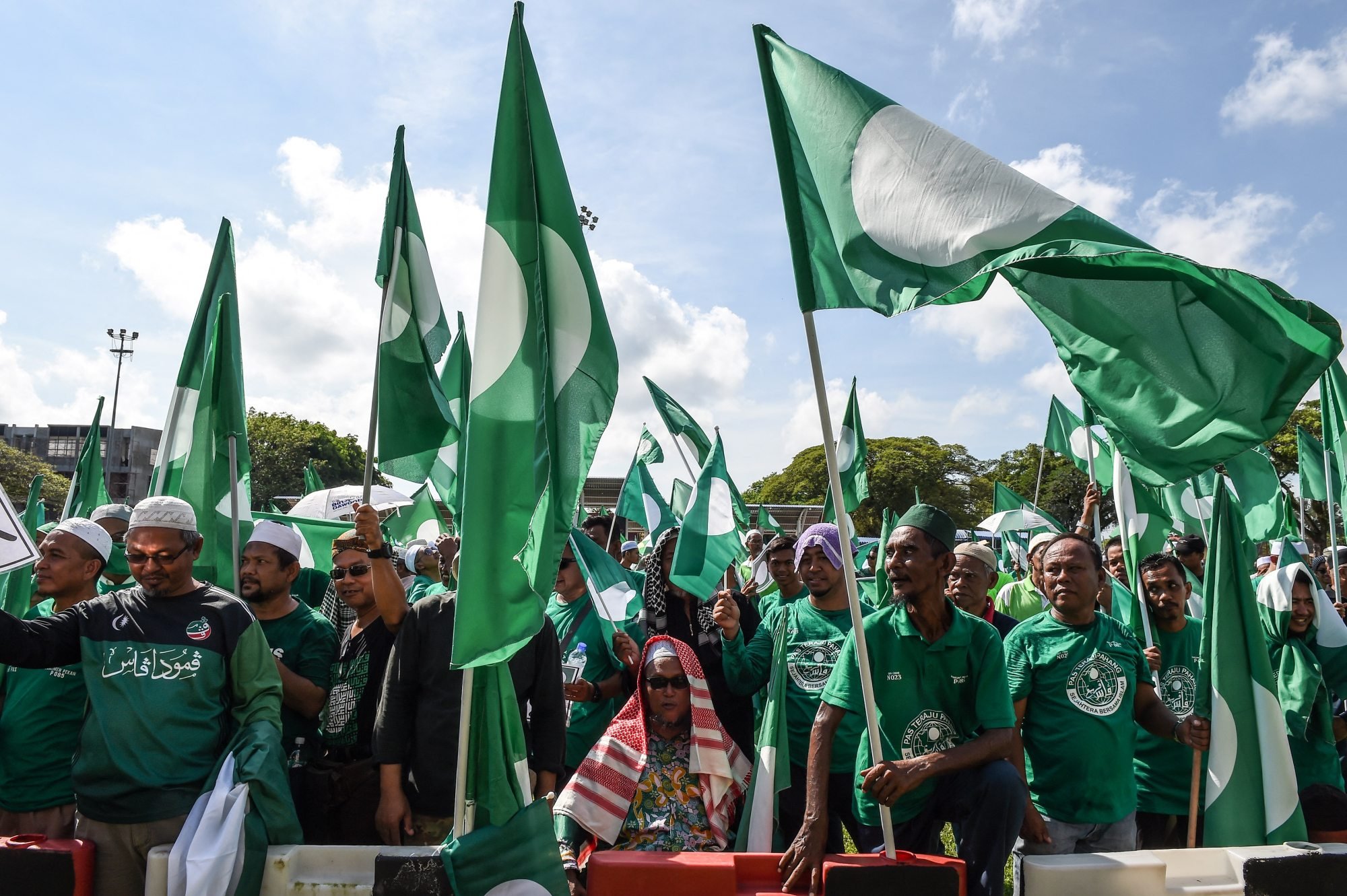Malaysian politician under fire for comparing women to cows
The PAS official defended his bizarre cattle analogy as ‘art of the Malay language’, even as his own coalition joined the criticism of it

A rural politician’s clumsy attempt at a cow-based metaphor has drawn a chorus of condemnation, shining a spotlight on the deep-rooted misogyny within Malaysia’s politics.
In a convoluted social media post on Sunday, Muhammad Salman Al Farisi, a local official from the Islamist PAS party, likened women leaders to cows – invoking his own herd of cattle to illustrate.
“When a female cow is appointed as the leader, she decides everything, while the males around her only know how to graze the crops,” wrote the youth information chief for PAS’ Maran branch.
“That’s why, if possible, we shouldn’t be like cows that elevate their ‘female’ as their leader.”
Giving animal similes is an art of the Malay languageMuhammad Salman Al Farisi, local PAS official
His remarks were immediately condemned as “demeaning” and “outdated”, not only by the public on social media but also from within his own opposition coalition.
“That statement can be interpreted as being sexist,” Perikatan Nasional women’s chief Mas Ermieyati Samsudin said of the comments by her coalition colleague.
“Even though it came from a local level leader, I find it to be not proper for him to issue a statement like that,” she was quoted as saying by the Malaysiakini news outlet.
PAS, Malaysia’s second-oldest political party, has five female members of parliament and several more female representatives in state assemblies. Its president has also repeatedly endorsed women candidates, a fact highlighted by critics.
“[The president] should be ashamed and withdraw your mandate as a leader,” social media user Faizal Safaat wrote in response to Salman’s post. “Your statement does not reflect well on you as a future leader of a respected Islamic party.”
Founded on a platform of Islamic fundamentalism and Malay ethnocentrism, PAS has traditionally drawn support from Malaysia’s rural heartlands. But its landslide gains in the 2022 general election transformed it into the largest single party in parliament – and the main opposition within the Perikatan Nasional alliance to Prime Minister Anwar Ibrahim’s ruling Pakatan Harapan coalition.

Gender-based discrimination is not unique to PAS, however. On that same Sunday, dozens of veteran members of the Democratic Action Party, a part of Pakatan Harapan, were photographed wearing sanitary pads on their faces in an act of protest decried as “misogynistic” and “undermining the dignity of women”.
For his part, Salman has stood by his comments, insisting that “giving animal similes is an art of the Malay language”. He argued that tnimal allegories were a traditional storytelling device in Malay culture and “a more civilised form of subtle satire”.
Unhandled type: inline-plus-widget {“type”:”inline-plus-widget”}
The public does not appear to share PAS’ fondness for animal metaphors, however.
Party president Abdul Hadi Awang has himself repeatedly faced censure for branding political opponents with animal epithets, variously calling them dogs, donkeys, monkeys, sharks, parrots, ostriches and pigs – language that critics say is not only dehumanising but also unbecoming of an Islamic preacher.
In a recent episode, the party’s main information chief, Ahmad Fadhli Shaari, caricatured Prime Minister Anwar as a monkey and likened Thailand and Cambodia to sheep and goats, in a jab at Malaysia’s diplomatic handling of a border dispute.
Ahmad Fadhli not only refused to apologise for the insult, he threatened legal action against anyone who criticised it.